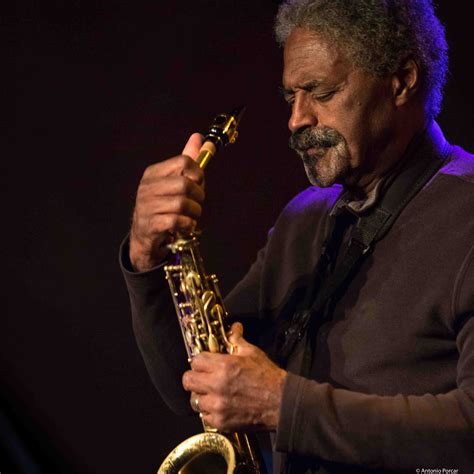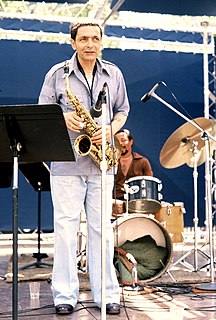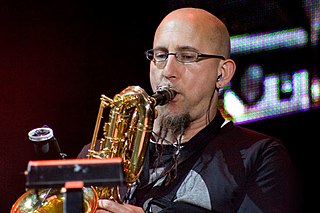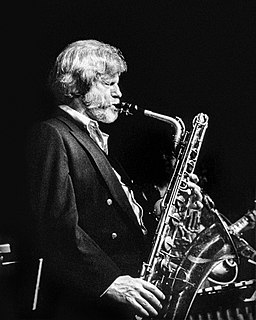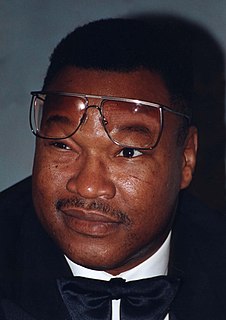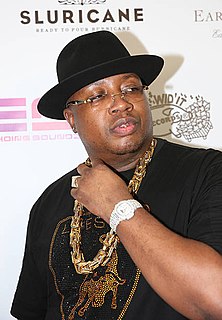A Quote by Charles McPherson
I bought a tenor but I haven't dedicated the time to it, plus I haven't found a mouthpiece that I like as of yet. I've been doing a lot of mouthpiece searching for the alto in the last few years and now that that's cooled out maybe I can begin the search for a tenor mouthpiece. After doing it for the alto, I just haven't felt like looking for any more mouthpieces. You play both, right?
Related Quotes
The characters created cannot just be a mouthpiece for the writer. When you look at a piece of writing, and it's genuine and it doesn't feel like every character is just a mouthpiece for the writer, but that they've been created in such a way that they're expressing an idea that a writer wants to get across, that's when a story succeeds.
I train myself. I don't have trainers who want hundreds of thousands of dollars to train me. I hire who I want to put the grease on my face, to rub my neck and rub my back, to take my mouthpiece out and rinse it off and put the mouthpiece back in. And then I go about my business. And if they want to say something, they can give me little reminders. All you need are reminders. You don't need 'big-time' trainers.
